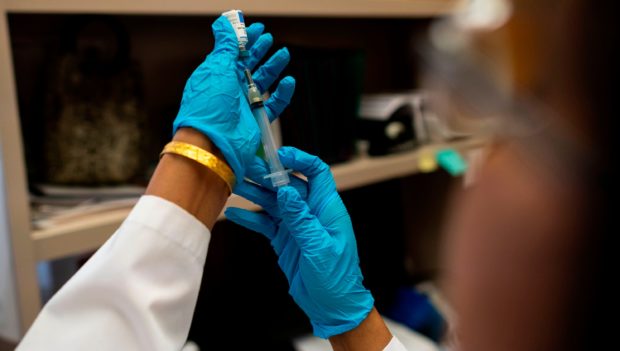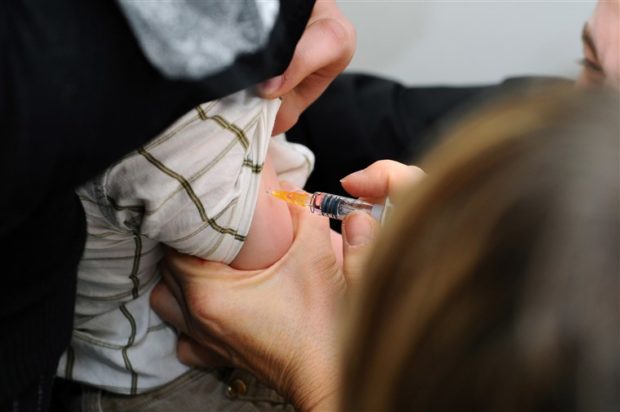US Measles Cases Exceed 1,200 Patients
More than 1,200 people have been sickened with measles this year, the highest number since 1992, US health authorities said Friday, though the infectious childhood disease officially remains “eliminated” after the worst-hit region contained its outbreak.
New York health officials Thursday declared the end of the state’s nearly year-long epidemic, which accounted for 75 percent of cases nationwide, and occurred mostly among unvaccinated children in Orthodox Jewish communities.
Before the declaration, it had appeared that the US might lose its measles elimination status, which it has had since 2000.
The status is lost if a chain of transmission in a given outbreak is sustained for more than 12 months.

“We are very pleased that the measles outbreak has ended in New York and that measles is still considered eliminated in the United States,” said Health and Human Services Secretary Alex Azar.
“But this past year’s outbreak was an alarming reminder about the dangers of vaccine hesitancy and misinformation,” he added.
“That is why the Trump administration will continue making it a priority to work with communities and promote vaccination as one of the easiest things you can do to keep you and your family healthy and safe.”
The Centers for Disease Control and Prevention said there had been 1,249 cases of measles between January 1 and October 4, 2019.
The US is far from alone in experiencing a surge: data from the World Health Organization for the first six months of 2019 shows the highest number of measles cases reported since 2006.
In the last year alone, Britain, Greece, Venezuela, and Brazil lost their measles elimination status.
The rise comes as a growing anti-vaccine movement gains steam around the world, driven by fraudulent claims linking the MMR vaccine against measles, mumps, and rubella to a risk of autism in children.
Measles is caused by a virus and can lead to serious complications including pneumonia and inflammation of the brain that can do permanent damage and be deadly, especially in small children.


